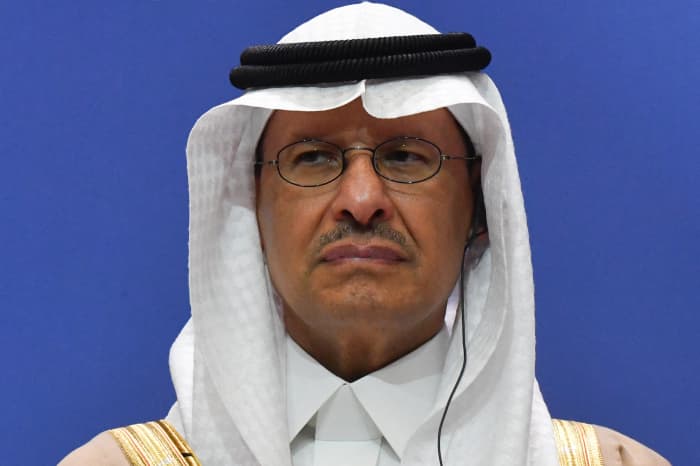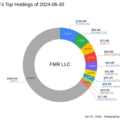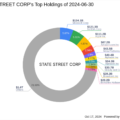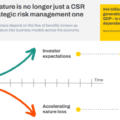OPEC’s compliance with production cuts is under scrutiny as Saudi Energy Minister Prince Abdulaziz bin Salman reportedly warns that oil prices could drop to $50 per barrel if the current trend continues. This warning highlights ongoing challenges within the OPEC alliance, with several member nations struggling to adhere to established production curbs.
According to latest discussions, some OPEC members are exceeding their agreed production quotas, which threatens global oil prices. The imbalance brought about by these increased outputs, particularly from countries like Nigeria and Iraq, might lead to a surplus in the market, jeopardizing the stability that many OPEC nations rely upon.
Key Highlights:
- Saudi Arabia’s proactive stance: As the de facto leader of OPEC, Saudi Arabia is keen on maintaining high oil prices to support its economy.
- Potential market implications: If prices fall to $50, both producers and investors could face significant economic challenges.
- Internal OPEC dynamics: The differing compliance levels among member countries could strain OPEC’s unity and effectiveness.
- Future outlook: Continuous monitoring and agreements might be necessary to stabilize the market.
In light of this situation, the organization’s future strategies will likely focus on ensuring adherence to production limits to avoid further price drops. The Saudi Minister’s cautionary stance serves as a reminder of the fragile balance in the oil market. As the global demand for energy continues to fluctuate, OPEC must navigate these internal disputes carefully to uphold its influence in the oil economy.











Leave a Reply